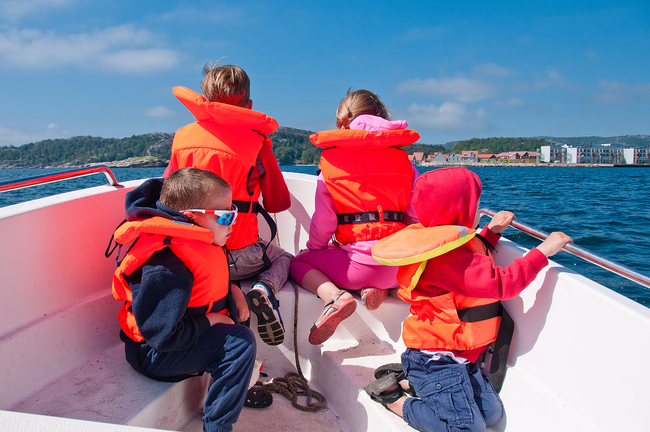A good move to ensure that you’re ready for your boating trip is to enroll in a boater safety course. Find out more to keep your boating trips enjoyable and safe at the same time.
Boating is an enjoyable year-round activity that you can engage with family or friends. A water adventure with fishing, swimming, water skiing, and many more will create unforgettable memories.
If you want to ensure enjoyable experiences in the water, you should always prioritize water safety at all times. The majority of boating accidents are preventable by observing a few simple precautions that some boaters tend to overlook. You can keep everyone safe from accidents by following boating safety rules at all times. A good move to ensure that you’re ready for your boating trip is to enroll in a boater safety course. Find out more to keep your boating trips enjoyable and safe at the same time.
Here are several crucial boating safety tips that you should know.
1. Regular boat inspections
Before planning a boating trip, you should inspect your boat thoroughly. You may consider buying a boat GPS tracker if you already don’t have one. When your boat is in good condition, you should refuel it and open all hatches to release carbon monoxide fumes. Once the gas builds up in and around your boat, it can lead to loss of consciousness, so you need to watch for the following:
- Blocked exhaust outlets
- Canvas enclosures with poor ventilation
- Any enclosed spaces
2. Monitor the weather forecasts
Sunny and warm days are suitable for boating, but they can change abruptly. It’s essential to monitor the weather forecasts and look out for warnings of cool water temperatures and gusty winds. Even if there’s no need to cancel your boating trip, you should be at least ready if you and your passengers will get wet.
3. Enroll in a boating safety course
Operator errors bring about the majority of boating accidents. The ideal way to minimize the chances of accidents is to enroll in a boating safety course. Today, you can find classes online or state-specific courses.
4. Stay alert
The stunning beauty of the outdoors might distract you, but you have to stay alert at all times while boating. You should watch out for warnings on your ship-to-shore radio if one is available and be ready for any emergencies along the way. It’s important to note that your responsiveness can mean the difference between your safety and danger.

5. Be ready with a boat safety kit
Since you can’t predict an emergency, so be ready when one occurs. A boat safety kit must be on board at all times. Some of the essentials to include in your safety kit include:
- Flashlights with extra batteries. A flashlight will surely come in handy when seeing around your boat in the dark and serves as a signal if you run out of fuel or if your boat stalls.
- Duct tape. A valuable item that you can use to temporarily fix a small leak.
- First aid kit. A well-stocked first-aid kit and knowledge about first aid care are essentials if an emergency occurs during your boating trip.
- Life jackets. Make sure that you have life jackets for every passenger on board.
- Bucket. Even if your boat is leaking, the water might enter, and a bucket will come in handy to bail out the water.
- Whistle or flares. During your boating trip, you should’ve several signals calling devices available such as whistles, air horns, or flares, to call for help on the water. Look for a waterproof whistle.
- Ropes. These are essential when there’s a need to pull someone who has fallen overboard, tying down loose items on the boat during extreme weather, or securing your vessel to the dock.
- Garbage bag. When you have garbage bags on board, they help protect your items or an alternative rain poncho during rainy weather.
- Fire extinguisher. Even if you’re on the water, a fire might occur on your boat when you least expect it. All passengers should know the fire extinguisher’s location and how to handle one when a fire occurs.
6. Wear a life jacket at all times
In most fatal boating accidents, victims typically drown. Some of those victims weren’t using a life jacket. With this in mind, it’s crucial to ensure that everyone will wear a life jacket that properly fits while on board. It’ll ensure them that they’ll stay afloat in rough waters, protect them from hypothermia, and keeping their head above water.
7. Common sense
Even with all the basics from a boat safety course and safe docking and undocking, you still need to use common sense while you’re on the water. It would be best to operate your boat safely. Avoid drinking alcoholic beverages during your trip and never run a boat without the proper license and sailing know-how.
Conclusion
Whether it’s your first time going on a boating trip or already a seasoned boater, it’s vital to observe safety at all times carefully. Anything can happen while on the water, and you should be ready. With these boating safety tips, you’ll have an enjoyable and safe boating experience at all times.

























































































































































































